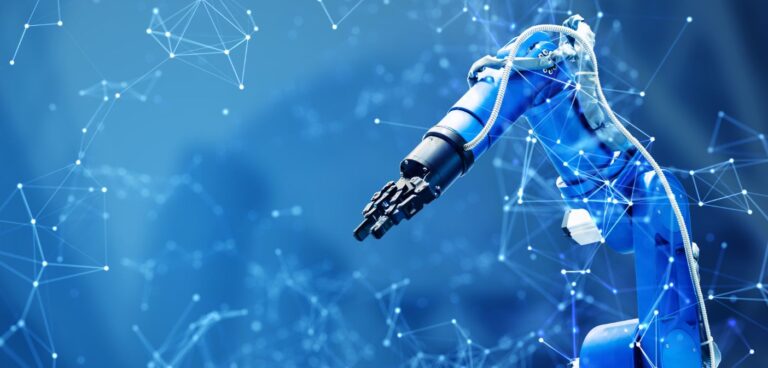Digital twin technology can help companies to identify physical defects quicker, anticipate outcomes more accurately and improve product development, finds GlobalData, a data and analytics company.
Abhishek Paul Choudhury, senior disruptive tech analyst at GlobalData, said: “The key factors driving the growth in the digital twins market are the advancements in machine learning (ML) and artificial intelligence (AI) capabilities, Internet of Things (IoT) and cloud expansion, as well as the objective to reduce product development costs and time.
“The emerging technology is helping manufacturers test and interact with sensors embedded in functioning products, offering real-time visibility into system performance and ensuring timely maintenance.
“The future of digital twins seems almost infinite as they are continually acquiring new skills and capabilities to produce the insights required to improve goods and processes.”
GlobalData’s latest report highlights how various companies are developing and adopting digital twins across major sectors.
For example, car manufacturer BMW has used software company Nvidia’s Omniverse platform to design digital twins of an entire factory to simulate 31 further factories. Reportedly, every element of the complete factory model, including the associates, the robots, the buildings and assembly parts, can be simulated to support various AI-enabled use cases, such as predictive maintenance.
Global biotechnology company GlaxoSmithKline (GSK) teamed up with German manufacturing firm Siemens and French technology service provider ATOS to pilot a digital twin of the vaccine manufacturing process. GSK has said it intends to use the information provided by the digital model to improve its manufacturing process. The twin is also designed to support parsing and modelling production variances.
Amazon Web Services (AWS), a subsidiary of online retailer Amazon, has rolled out a service, named the AWS IoT TwinMaker, to simplify the creation of digital twins of real-world systems such as factories. According to GlobalData, the service provides tools to construct digital models from existing data sources and combines existing 3D models with real-world data.









